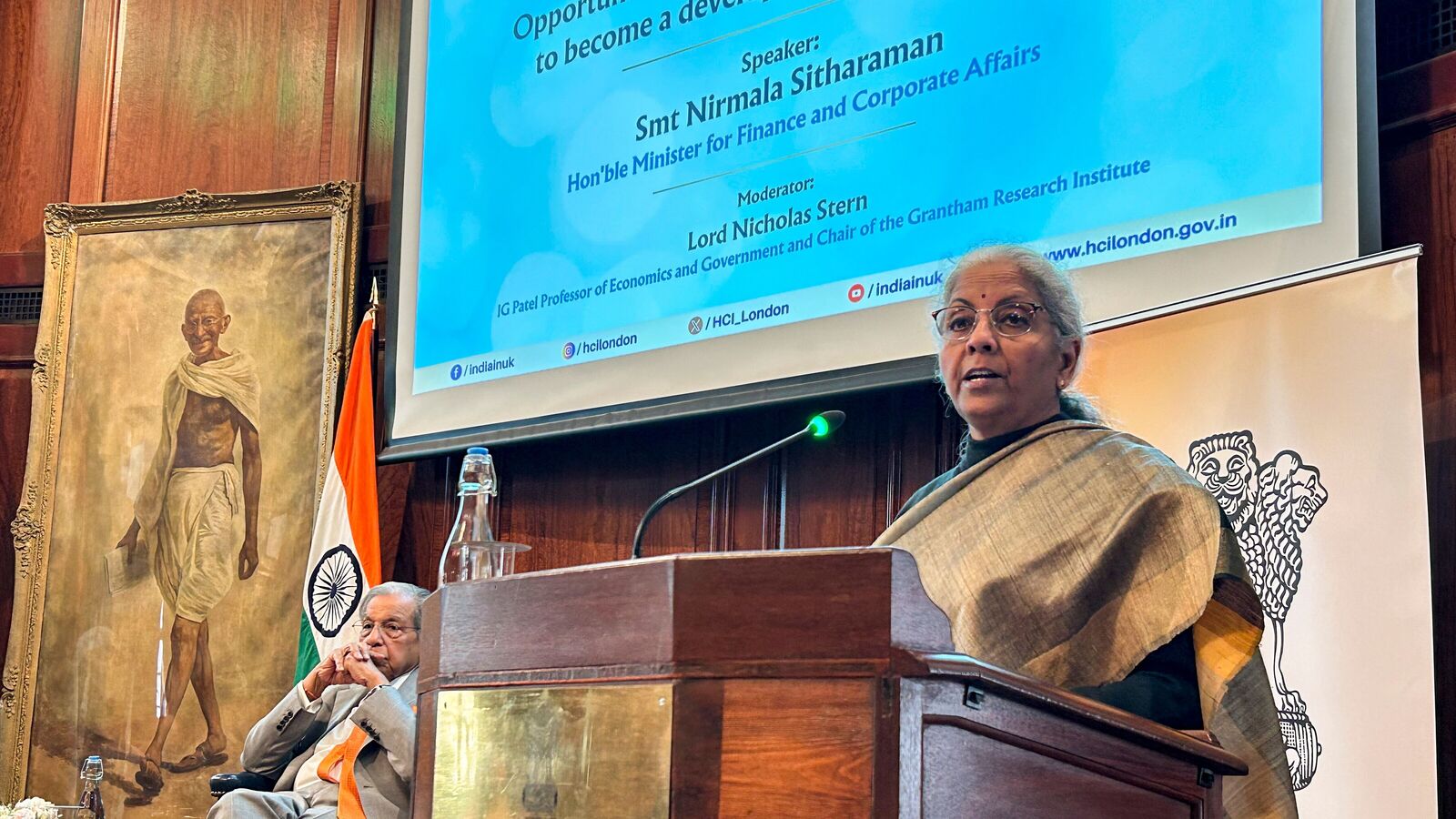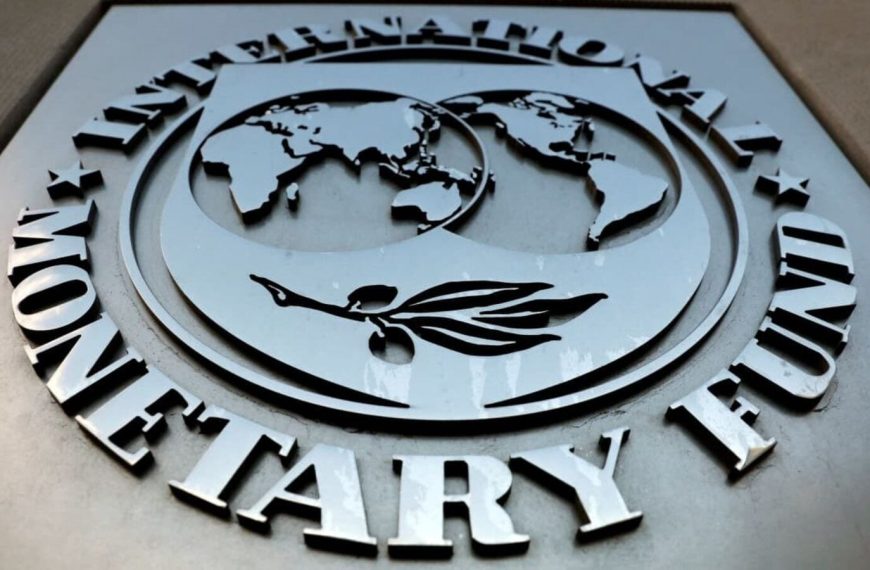India’s Finance Minister, Nirmala Sitharaman, has emphasized the critical importance of enhancing domestic demand in light of recent tariff announcements from the Trump administration. During her remarks in London, she underscored that amplifying domestic consumption will serve as a key strategy to attract international businesses, especially at a time when trade dynamics are shifting due to tariffs.
Strengthening Domestic Demand
In her discussion at the High Commission of India, Sitharaman pointed out that the United States stands as India’s primary trade partner. With the impending trade changes, she stated that India must leverage its robust domestic market to continue attracting global supply chains. “To maintain our competitive edge, it is essential to ensure that domestic demand remains a strong magnet for international investment,” she explained.
Impact of U.S. Tariffs
Sitharaman’s comments came shortly after President Donald Trump unveiled a reciprocal tariff strategy on April 2. This policy proposes a minimum 10% tariff on nearly all imports into the U.S., aiming to correct perceived trade imbalances, with India facing a 26% reciprocal tariff.
- Key points on U.S. tariffs:
- Minimum 10% duty on most goods entering the U.S.
- 26% tariff specifically targeted at India.
- A focus on addressing trade imbalances with various countries.
Importance of Foreign Investment
The Finance Minister also conveyed her belief that fostering domestic demand is vital for attracting foreign direct investment (FDI) and enhancing international manufacturing capabilities within India. “We view India and certain emerging markets as pivotal engines of global growth. For the world to recover from its economic slump, these markets must thrive,” she asserted.
Navigating Global Challenges
Sitharaman acknowledged the complexities of the current global landscape, asserting that India’s economy is not immune to external risks stemming from geopolitical tensions and market volatility. She stated, “In this rapidly changing global environment, we must focus on building economic resilience through enhanced domestic efficiencies and competitiveness.”
The Resilient Indian Economy
Despite global economic challenges, Sitharaman expressed confidence in India’s ability to harness its domestic strengths to counteract external pressures. “India has consistently been recognized as one of the fastest-growing economies for the past five years. While some moderation in growth may occur, our domestic consumption remains robust, supporting our ongoing momentum,” she noted.
- Insights on the Indian economy:
- India has maintained its status as one of the fastest-growing economies for five consecutive years.
- The country is poised to adapt to global economic fluctuations while capitalizing on its domestic consumption demand.
- Growth driven by the demand for high-quality, globally competitive goods.
As Sitharaman embarks on a six-day official tour of Europe, her focus remains clear: by nurturing domestic demand, India can not only withstand global economic challenges but also position itself as a leader in international markets.
For more insights on global trade dynamics and India’s economic strategies, check out our articles on international trade and foreign investment trends.











